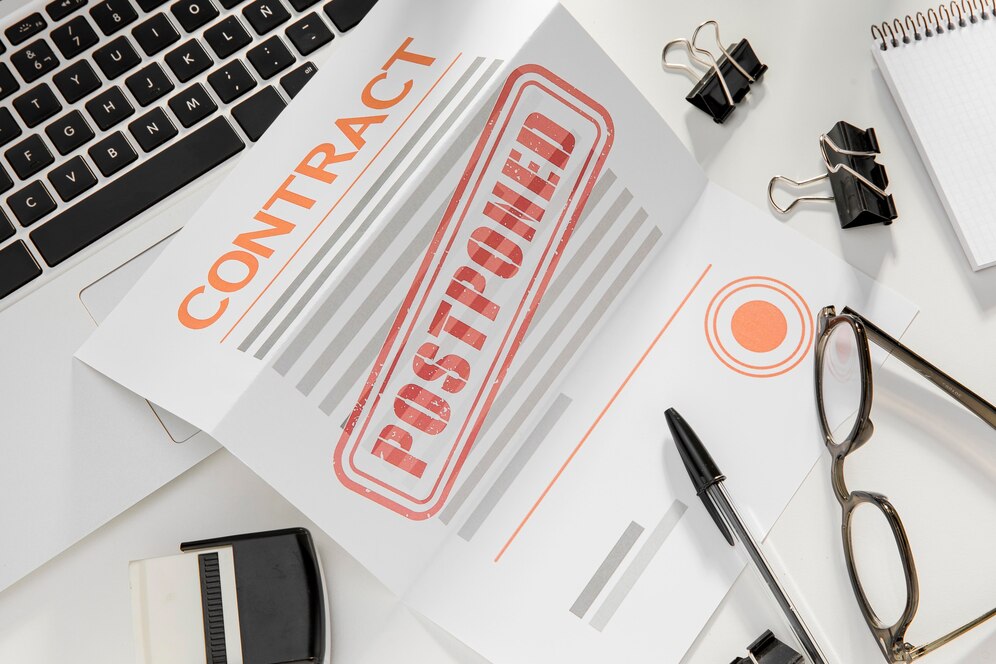Disability Lawyer Nova Scotia
Experienced Disability Lawyer, Nova Scotia | Fighting for Your Rights


Navigating Disability Claims Together
Navigating disability claims in Nova Scotia requires experienced legal guidance. With 3 decades of expertise, we help protect your rights and secure your future. Whether you’re dealing with denied benefits, complex paperwork, or insurance company challenges, our proven track record ensures you have strong representation throughout your case.
From long-term disability claims to CPP disability appeals, we provide the legal expertise needed to help you receive the benefits you deserve.
Types of Disability Claims We Handle

Depression & Anxiety

Chronic Pain

PTSD

Long-term Disability

Critical Illness

Psychological & Mental Health
Client Succes Story
Why Choose LaViolette Law?

Direct Access to Senior Lawyer

3 Decades of Experience
Three decades of successful disability claims provides the expertise needed to navigate complex legal challenges.

Local Nova Scotia Knowledge
Deep understanding of provincial laws and regulations, with established relationships in the local legal community.

Personal Attention
Your case receives focused attention, with strategies tailored to your specific situation and needs.

Clear Communication
Regular updates on your case progress with straightforward explanations of complex legal matters.

Proven Track Record
Operating from Bedford Tower since 2002, helping Nova Scotians secure their rightful benefits.
FAQs
Do I Need a Lawyer for a Long-term Disability Case?
While you can file a disability claim on your own, having a disability lawyer in Nova Scotia can significantly improve your chances of success, especially in complex cases. Legal representation becomes particularly important if your claim has been denied, your benefits have been terminated, or when insurance company requests seem excessive. Similarly, if your condition is complex, involves multiple diagnoses, or if you’re unsure about policy terms and coverage, professional legal guidance can be crucial.
What To Do If the Insurance Company Denied Your Disability Claim?
If your disability claim has been denied, don’t give up. Take these essential steps:
- Get the Denial in Writing, Request a detailed explanation of why your claim was denied. This document is crucial for understanding the insurance company’s position.
- Review Your Policy Carefully examine your policy terms to understand your coverage and appeal rights. Pay attention to deadlines and requirements.
- Collect Supporting Evidence
- Gather additional medical documentation
- Get detailed statements from your healthcare providers
- Document your symptoms and limitations
- Obtain employment records
- Consider Legal Representation Contact a disability lawyer in Nova Scotia before submitting an appeal. A lawyer can:
- Review your case for free
- Identify denial reasons
- Strengthen your medical evidence
- Handle communications
- Meet crucial deadlines
- Protect your legal rights
- Don’t Miss Deadlines Insurance policies have strict appeal deadlines. Missing these can permanently affect your right to benefits.
When Should I Contact an LTD Lawyer?
Contact a long-term disability lawyer immediately if:
- Your disability claim was denied
- Your benefits were suddenly terminated
- Insurance company requests feel overwhelming
- You’re preparing to file a complex claim
- Medical documentation is being questioned
- Insurance company delays responding
- You’re facing workplace issues due to disability
- Policy terms seem unclear or confusing
Early legal consultation often leads to better outcomes.
When Should I Contact an LTD Lawyer?
Timing is crucial when dealing with long-term disability claims. Contact a disability lawyer immediately if:
During Initial Filing:
- You’re preparing to file a complex claim
- Your medical condition involves multiple diagnoses
- You’re unsure about policy coverage
- Your employer is uncooperative
- You need help gathering proper documentation
After Filing:
- Your disability claim was denied
- Your benefits were suddenly terminated
- Insurance company requests feel overwhelming
- Medical documentation is being questioned
- Insurance company delays responding
- You’re facing workplace issues due to disability
- Policy terms seem unclear or confusing
Early legal consultation can significantly improve your chances of success. A disability lawyer in Nova Scotia brings valuable expertise by:
- Ensuring proper documentation from the start
- Protecting your rights throughout the process
- Handling complex insurance company communications
- Meeting critical deadlines
- Building a strong case strategy
- Preventing common claim mistakes
Remember, many disability lawyers offer free initial consultations, making it risk-free to get professional advice about your situation.
How Do Insurance Companies Evaluate Disability Claims?
Insurance companies follow a systematic process to evaluate disability claims:
Medical Evidence Review
- Medical records and test results
- Attending physician statements
- Specialist evaluations
- Treatment history
- Prognosis reports
Occupational Assessment
- Job description and duties
- Physical/mental job requirements
- Education and training
- Work history
- Potential workplace accommodations
Functional Capacity Insurance companies assess:
- Physical limitations
- Mental restrictions
- Daily activity abilities
- Work-specific capabilities
- Recovery potential
Policy Requirements They verify:
- Coverage terms
- Elimination period completion
- Definition of disability
- Pre-existing conditions
- Required documentation
Independent Evaluations May request:
- Medical examinations
- Functional capacity assessments
- Surveillance
- Interviews
- Vocational assessments
What Qualifies as Long-term Disability?
Long-term disability (LTD) typically refers to conditions that prevent you from working for an extended period. These can include physical conditions such as chronic pain, severe injuries, heart disease, cancer, and neurological disorders. Mental health conditions like depression, anxiety, PTSD, and bipolar disorder may also qualify when they significantly impact your ability to work.
To qualify for long-term disability, your condition must prevent you from performing your job duties and typically extend beyond the short-term disability period, which is usually 120 days. Medical evidence must support your inability to work, and ongoing treatment should show limited improvement. The condition should also demonstrate a significant impact on your daily activities.
Insurance policies may define disability differently, particularly regarding the duration of disability, level of impairment required, type of work you’re unable to perform, and available accommodation options. It’s important to understand that the definition can vary between “own occupation” (inability to perform your specific job) and “any occupation” (inability to perform any job).
Other Services We Offer

Injury and Insurance

Estate Planning

Estate Administration / Probate
Our team of lawyers can guide you through every step of the Probate process whether, there is a valid Will, and we make sure that all time limits are met and documents...

Family Law

Civil Litigation
Litigation is the process of taking legal action through a proceeding or lawsuit. In addition to Injury and Insurance litigation, LaViolette Law represents both plaintiffs and defendants in other matters...

Other Legal Advice
Latest From Our Blogs
Why Hire a Car Accident Lawyer? 7 Reasons It’s the Smartest Decision
Car accidents bring more than just vehicle damage—they bring stress, uncertainty, and unexpected expenses. If you're wondering why hire a car accident lawyer, you’re not alone. A car accident can leave you dealing with painful injuries, medical...
What to Do After a Car Accident in Nova Scotia: A Step-by-Step Guide to Stay Safe and Covered
Introduction A car accident can happen in an instant, leaving you stressed and unsure of what to do. Knowing what to do after a car accident in Nova Scotia will help you stay calm, protect your legal rights, and simplify the insurance process....
Should I Hire a Lawyer for a Minor Car Accident? Here’s What You Need to Know
Introduction Should I hire a lawyer for a minor car accident? It’s a common question after small collisions. At first, it might seem straightforward—no obvious injuries, no major damage. But small accidents can lead to hidden problems. Delayed...




